Meta just dodged the biggest legal bullet aimed at it in years. A federal judge has ruled that the company is not a monopoly in social networking, rejecting an antitrust challenge that could have forced Meta to spin off Instagram and WhatsApp, the crown jewels of its empire.
US District Judge James Boasberg issued the decision on Tuesday, closing the book on a closely watched trial that wrapped in May and landed in court alongside two major rulings branding Google an illegal monopoly in both search and online ads. For Big Tech, it’s another bruising chapter, but for Meta, a rare win.
The Federal Trade Commission accused Meta of clinging to monopoly power through a decade of strategic acquisitions, most famously Instagram and WhatsApp, guided by Mark Zuckerberg’s old mantra:
“It is better to buy than compete.”
But Boasberg wasn’t convinced.
“Whether or not Meta enjoyed monopoly power in the past… the agency must show that it continues to hold such power now,” he wrote. “The Court’s verdict today determines that the FTC has not done so.”
In other words: whatever Facebook was in 2012, the world has moved on.
During the trial, FTC lawyers grilled Zuckerberg with a library of emails from the early Instagram acquisition days. He acknowledged the messages but repeatedly downplayed them, arguing they didn’t reflect the broader strategic vision.
Boasberg ultimately sided with that framing, noting how dramatically the industry has shifted. When the FTC filed the case in 2020, TikTok wasn’t even in the conversation. In Boasberg’s words, quoting Heraclitus:
“No man ever steps into the same river twice.” Social media is no different.
TikTok now dominates youth attention. YouTube, Snapchat, Apple’s iMessage, all shape the competitive landscape. Yet the FTC defined Meta’s market so narrowly that it effectively pretended none of those platforms existed. The judge wasn’t buying it.
Boasberg pointed out that two earlier opinions dismissing the case (2021, 2022) didn’t mention TikTok at all, because it hadn’t yet become Meta’s most aggressive rival. By today’s standards, carving the market into “social networking” vs “social media” is practically meaningless, a wall that “has since broken down.”
The result: a lawsuit anchored in a world that no longer exists.
Facebook bought Instagram for $1bn in 2012, then WhatsApp for $22bn in 2014, two deals that helped it pivot from desktop to mobile just as the ground shifted under every tech giant. Both acquisitions were scrutinised here, but the judge concluded that proving past strategy is not the same as proving current monopoly power.
Snapchat and TikTok’s rise eventually undercut the FTC’s central theory: that Meta’s dominance was so entrenched, it prevented rivals from emerging. Turns out rivals emerged just fine, and then some.

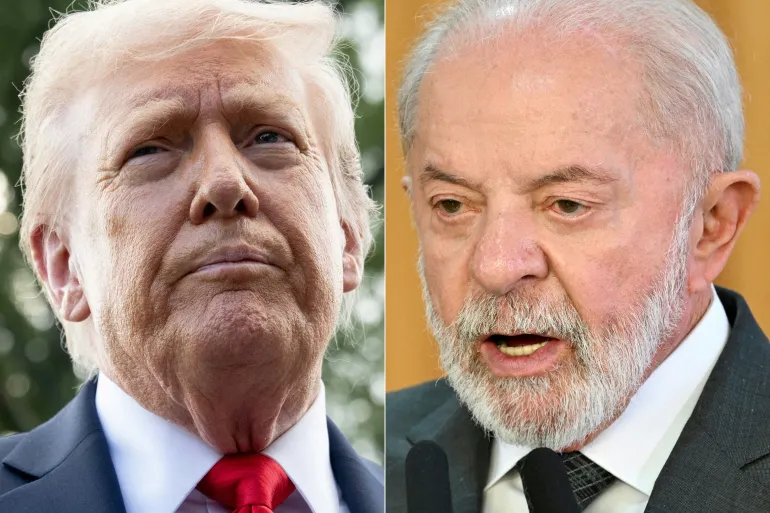
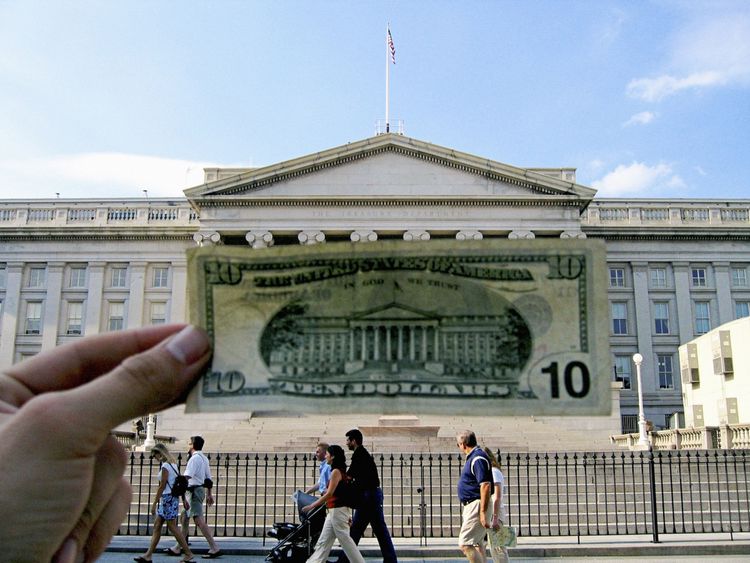
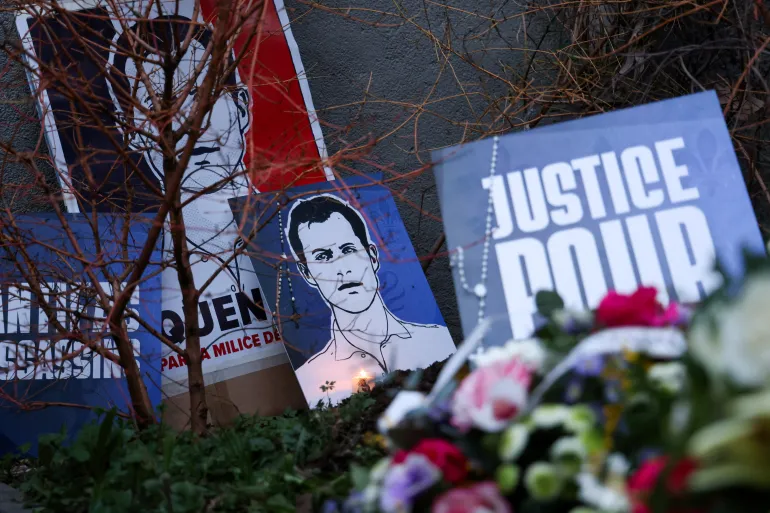
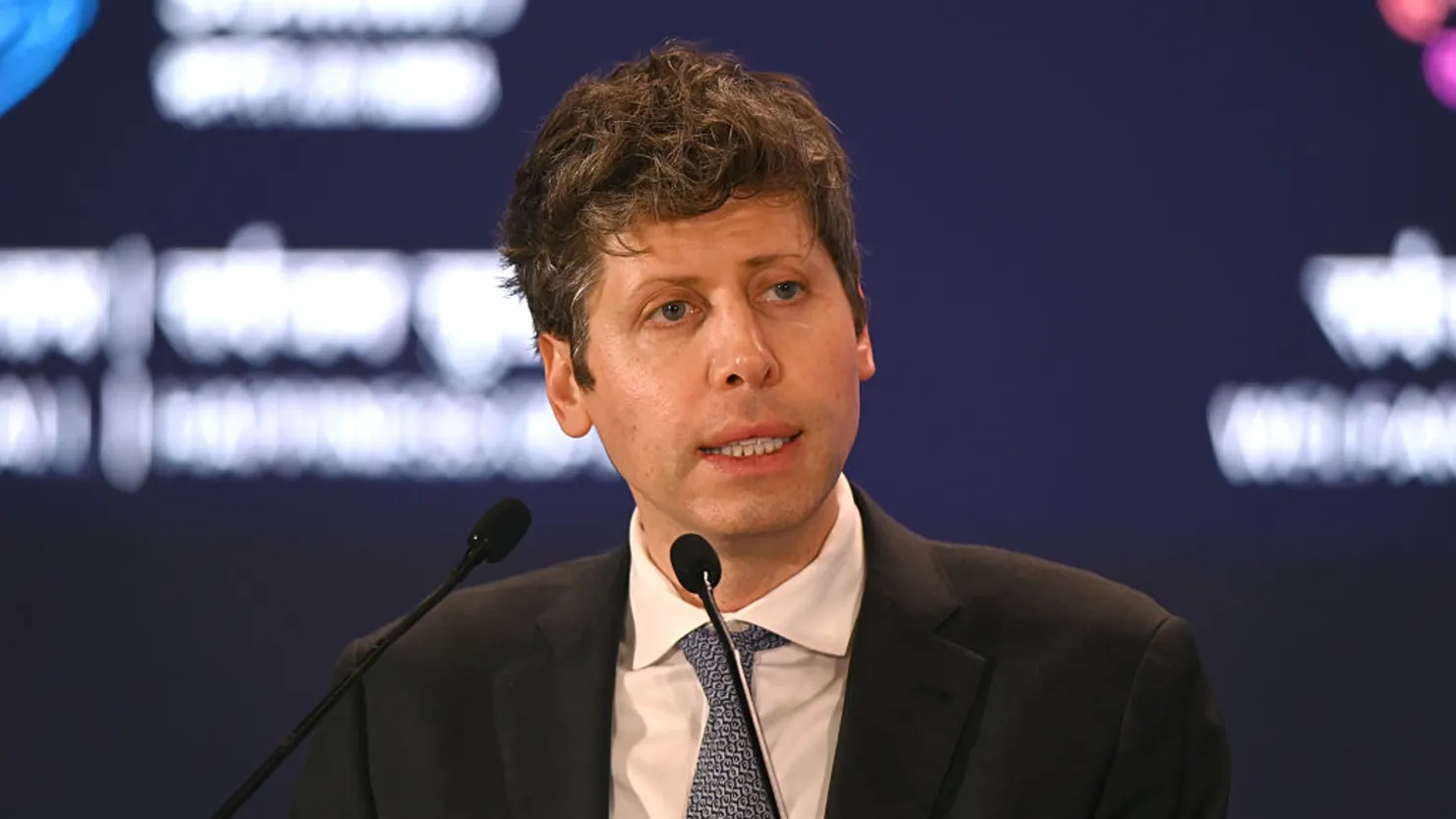
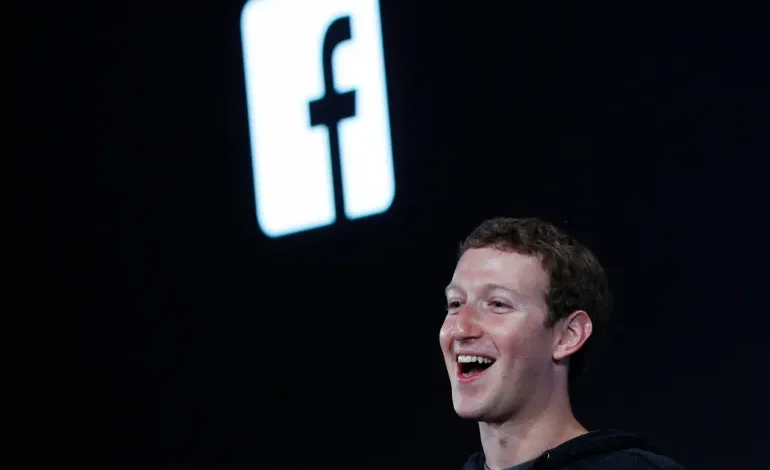




The latest news in your social feeds
Subscribe to our social media platforms to stay tuned